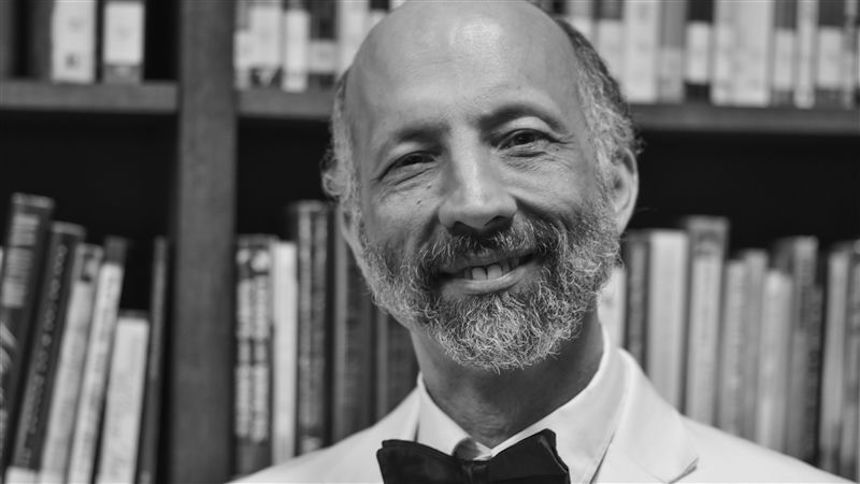You *still* don’t know Jack!

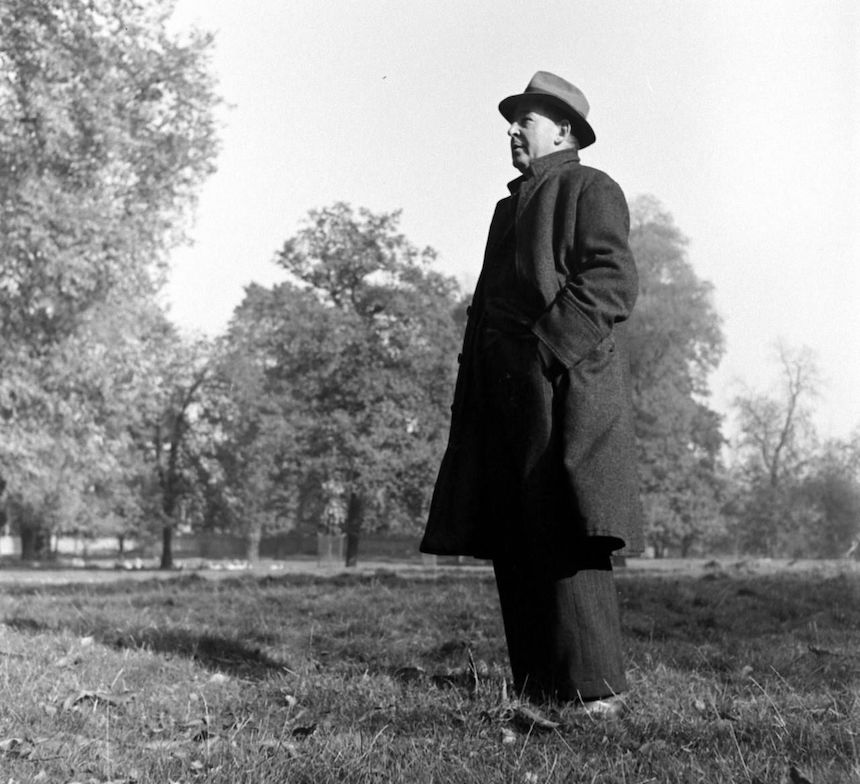
Today’s post is a continuation of yesterday’s article, introducing the readers to twenty things they might not know about C.S. Lewis…
11. Lewis addressed the nation during World War Two
After the success of his book, The Problem of Pain, Lewis was invited by the BBC (British Broadcasting Corporation) to speak on the radio to the nation during World War Two. These radio addresses later became the basis for one of Lewis’ best known books, Mere Christianity. As well as arguing for the existence of God, he used these broadcasts to defend the basic tenets of Christianity which are held across all Christian denominations.
12. He wrote many books, across many different genres
Mere Christianity was just one of the thirty or so books Jack wrote. What is particularly amazing about his vast literary output, even aside from the fact that he wrote every line with a dip pen, is that his works are of many literary styles. Lewis produced apologetics, fairy tales, science fiction, essays, autobiography, poetry and anthologies, as well as his academic work in literary criticism. In fact, you might say that he was a “Jack of all genres”…. 😉
All these successful books earned Lewis considerable wealth, but he gave away about two thirds of his income. He did this anonymously through The Agape Fund which he established.
13. There’s more to Narnia than you might think…
Probably Lewis’ most well-known works are The Chronicles of Narnia. Many of these have received TV and movie adaptations. These books were read to me as a child and, while the Narnia stories seemed to me somehow familiar, I didn’t fully grasp the Christian nature of these books until much later. However, Lewis was very quick to argue that Narnia wasn’t simply Christian allegory. Instead, he called it an “imaginative supposal”. He said:
Suppose there were a Narnian world and it, like ours, needed redemption. What kind of Incarnation and Passion might Christ be supposed to undergo there?
C.S. Lewis
Lewis understood the power of story-telling and its ability to smuggle ideas past our “watchful dragons” of prejudice. Stories allow us to encounter ideas afresh and with renewed potency. He had been affected by this himself, many years before when he read George MacDonald’s Phantastes, which he described as baptising his imagination.
However, there are even more layers to the Chronicles of Narnia! About ten years ago, Dr. Michael Ward (a convert to Catholicism and the 100th priest of the newly-formed Anglican Ordinariate), published his book Planet Narnia, which argued convincingly that Lewis had based The Chronicles of Narnia upon the medieval cosmos. Each of the books correspond to one of the seven heavens and planets. For example, Prince Caspian is associated with the planet Mars which is, in turn associated with war and trees, motifs which we find interlaced throughout that book.
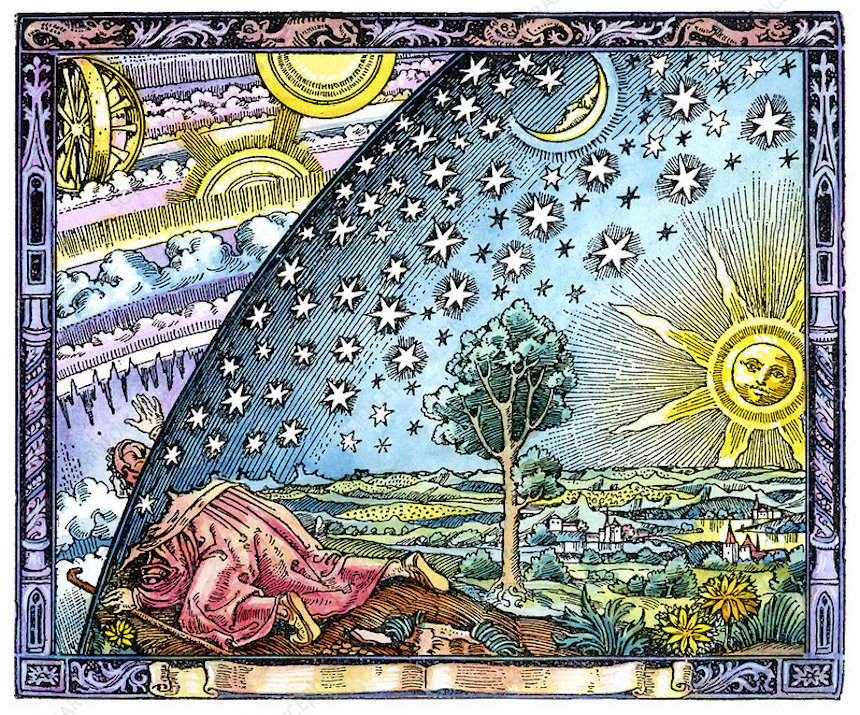
14. A pen friend to many
Not only was Lewis a “man of letters”, he was also a prolific letter-writer. For example, he regularly corresponded with his Irish childhood friend, Arthur Greeves, for over half a decade!
With Lewis’ celebrity, came many more letters, sent to him by adults as well as children. Jack took this responsibility very seriously and spent several hours a day writing responses to the avalanche of fan mail. There’s even an adorable letter from a mother whose child was worried that he loved Aslan more than Jesus.
15. He was snubbed at Oxford, but recognised at Cambridge
Despite his acclaim and popularity as a lecturer, Lewis was many times overlooked for promotion at Oxford University. The commonly accepted reason for this was that he wrote and spoke openly about his Christianity. Many felt it unbecoming of a man in his position, particularly one who didn’t even belong to the Theology Faculty. Fortunately, Cambridge University created a position specifically for him which, after some persistent pestering, he eventually accepted.
This wasn’t the only prize he was invited to accept. Lewis was offered a CBE (Commander of the British Empire) by the Prime Minister Winston Churchill in 1951, but Lewis declined it, saying that he feared it might politicise his apostolate.
16. He wasn’t Catholic, but often sounded a lot like one
Many Catholics are surprised to discover that Lewis wasn’t actually a Catholic himself. This is understandable when one looks at some of Lewis’ beliefs. For example, he wrote about the Sacraments, spoke highly of the Blessed Sacrament, he believed in Purgatory and praying for the dead and regularly went to auricular confession to an Anglican priest.
Although he tried to avoid talking about his opposition to Catholicism, when pressed he cited the authority of the Pope and the veneration of Our Lady as his chief complaints. However, his Catholic friend Tolkien blamed what he called Lewis’ “Ulsterior Motive”, suggesting that the deep-seated distrust of Catholics which he had been taught as a boy in Ireland never entirely left him. Lewis himself admits to this kind of childhood indoctrination when he recounts his first meeting Tolkien:
At my first coming into the world I had been (implicitly) warned never to trust a Papist, and at my first coming into the English Faculty (explicitly) never to trust a philologist. Tolkien was both
C.S. Lewis, Surprised By Joy
Despite Jack’s resistance to embracing Catholicism, he is very much loved by Catholics. Both Pope St. John-Paul II and Pope Emeritus Benedict XVI were very familiar with his work and spoke of it. Not only that, but many, many people credit Lewis, at least in part, with their conversion to Catholicism. This list of people includes those such as Dr. Peter Kreeft, Fr. Dwight Longernecker, Thomas Howard, as well as Lewis’ own secretary, Walter Hooper.
17. He lived most of his life as a bachelor, but married late in life
Lewis had lived most of his life as a bachelor. However, among the many letters he received from fans, one was from an American poet and writer named Joy Gresham. The two quickly developed a firm friendship. Joy visited England and eventually moved there with her two sons. When it seemed that the British Government was going to force them to leave the country, Lewis offered her a civil marriage so that she and her children could legally stay in England.
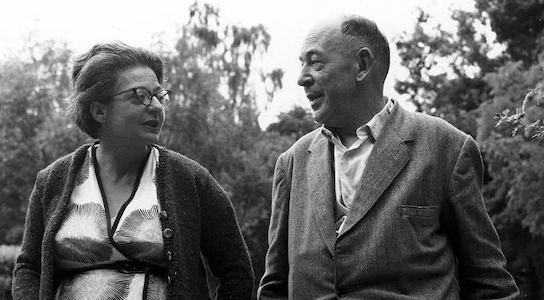
Joy and Jack Lewis
Unfortunately, shortly after they had obtained a civil marriage certificate, Joy was diagnosed with cancer. She was not expected to live long. Suddenly faced with the possibility of losing her, Jack realized his deeper feelings for his friend. They were married at her hospital bed by one of Jack’s friends who was an Anglican priest. Afterwards, the clergyman prayed and laid hands on Joy. To everyone’s surprise, she was granted a remission of four years before the cancer returned. Heartbroken by her death, he chronicled his mourning in his moving book, A Grief Observed.
18. He is probably one of the most misquoted men on the Internet
As we all know, Abraham Lincoln warned us not to believe all quotations we see on the Internet! This is particularly true of Lewis, who seems to have his name attached to many quotations which he never actually said.
In fact, when I was in Oxford a few weeks ago, while looking at the various Inklings-themed walking tours, I found one which cost a whopping $335, but which, even aside from the numerous spelling mistakes on the website, included this quotation attributed to C.S. Lewis:
“You are never too old to set another goal or to dream a new dream”
Not C.S. Lewis!
Unfortunately, he never said it and I find that people on the Internet don’t appreciate it when I point such things! I would recommend that if anyone would like to verify a C.S. Lewis quotation, that they look it up in William O’Flaherty’s book, The Misquotable C.S. Lewis.
19. His death was overshadowed
Lewis died in his bed on November 22nd, 1963 at the age of 64. This was the same day on which Aldous Huxley died, and the same day on which President John F. Kennedy was killed. As such, Lewis’ death was largely overlooked as JFK’s assination dominated the news that day and in the subsequent weeks.
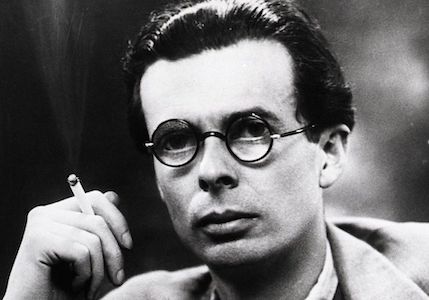
Aldous Huxley 
President Kennedy
Jack’s funeral was small and his brother, Warnie, who had always struggled with alcoholism, was finding comfort at the bottom of a bottle of whisky.
20. He won most arguments, except one
Lewis’ secretary, Walter Hooper likes to say that he lost every argument he ever had with Jack…except one. Lewis was convinced that nobody would continue reading his books following his death, whereas Hooper said he was certain that their popularity would continue. Not only would Hooper be vindicated by history, he would have a hand in ensuring that his friend’s legacy would endure.
In the years following Lewis’ death, Hooper released a number of new works, previously unpublished, including several volumes of Jack’s letters. However, Hooper demanded that with each new book he gave to the publishers, that they re-release two of Jack’s older works, thus keeping his books continuously in print.
Today Lewis’ popularity is greater than ever. His books continue to sell in large numbers and Netflix recently purchased the rights to The Chronicles of Narnia! Six years ago on the 50th anniversary of Jack’s death, he was officially recognised at Poet’s Corner in Westminster Abbey (London) as one of the great British writers. The Episcopal Church have even honoured him with a Collect in their Liturgical Calendar:
“O God of searing truth and surpassing beauty, we give thee thanks for Clive Staples Lewis, whose sanctified imagination lighteth fires of faith in young and old alike; Surprise us also with thy joy and draw us into that new and abundant life which is ours in Christ Jesus, who liveth and reigneth with thee and the Holy Spirit, one God, now and for ever. Amen” – Collect of the Episcopal Church
Collect of the Episcopal Church
Part 1 | Part 2







